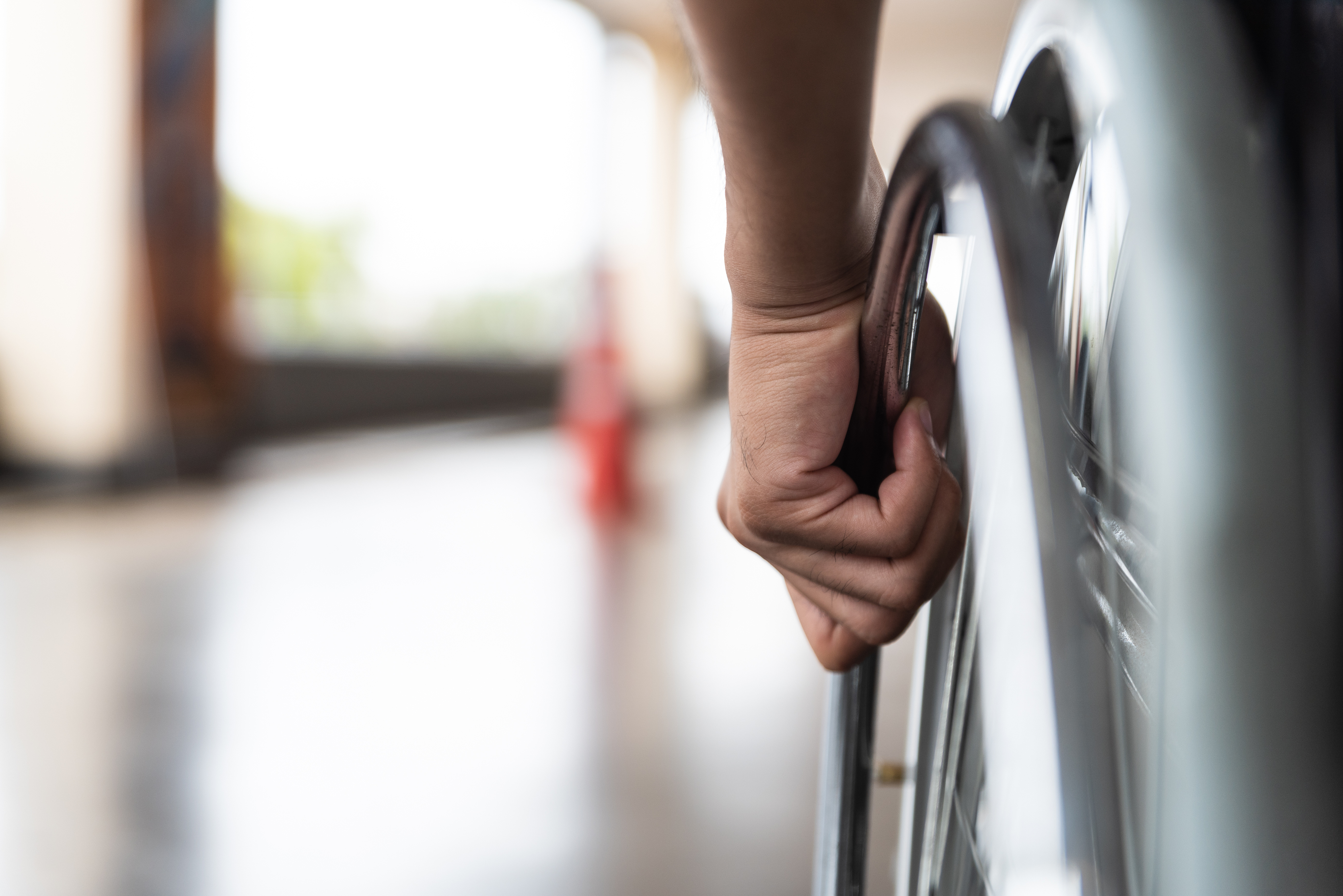Aggregated News

Many Americans are anxious about contracting the novel coronavirus. Daniel Florio is absolutely terrified.
The 50-year-old lawyer from Maplewood, New Jersey, was born with spinal muscular atrophy, a genetic disorder that makes him unable to walk or use his arms. His disability makes him more vulnerable to the virus than most people, and he’s afraid of what will happen if he ends up in the hospital with a serious case. Intubated people cannot speak, and Florio would not be able to use gestures or otherwise communicate with his doctors. Given infection-prevention rules, his caregivers would likely not be allowed to accompany him.
“I would be in an awake coma for weeks,” he told me in an interview this week. “The fear of that … it’s overwhelming.”
But Florio is afraid of something else too: the possibility that, if he contracts the virus, he could be denied lifesaving treatment because of his disability. And like other Americans with disabilities, he worries that could happen not just because of overt discrimination in hospitals, but also because of implicit bias. “People overwhelmingly believe...



